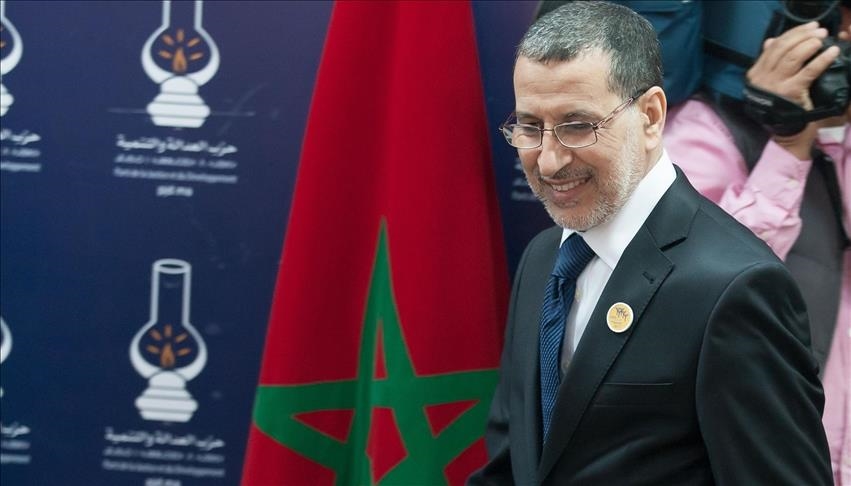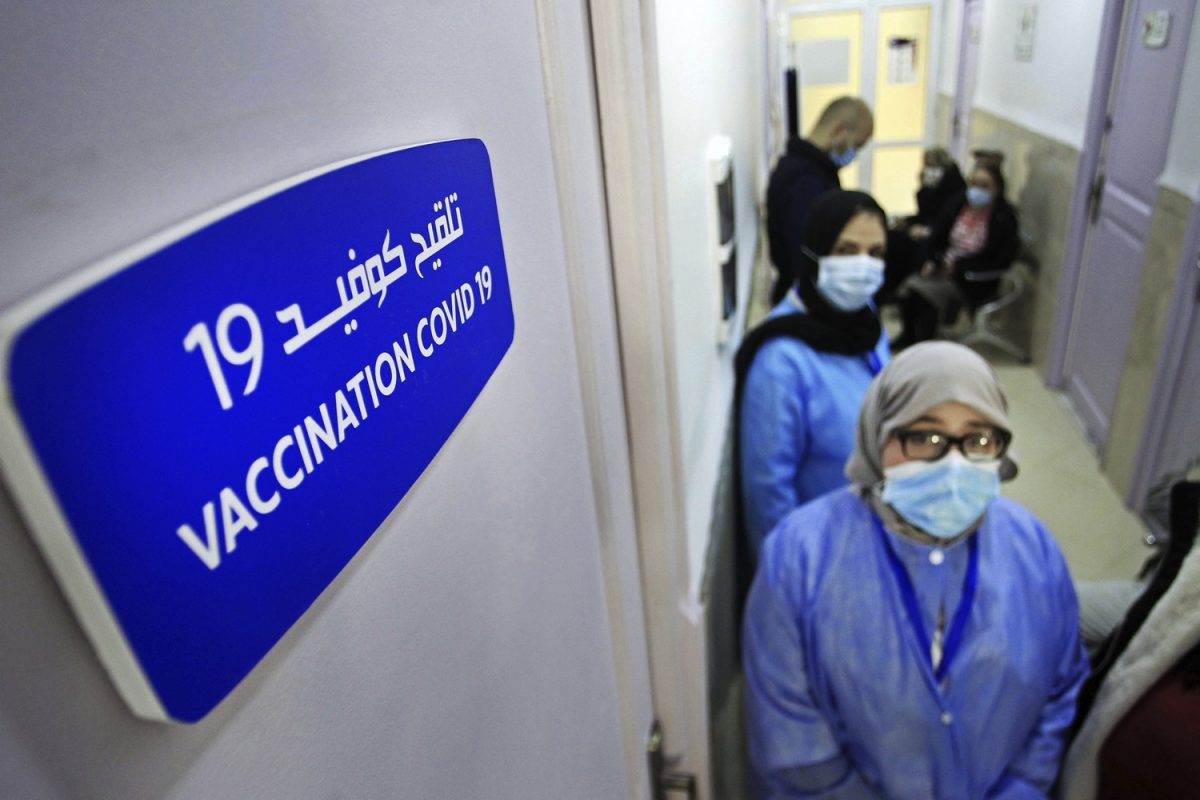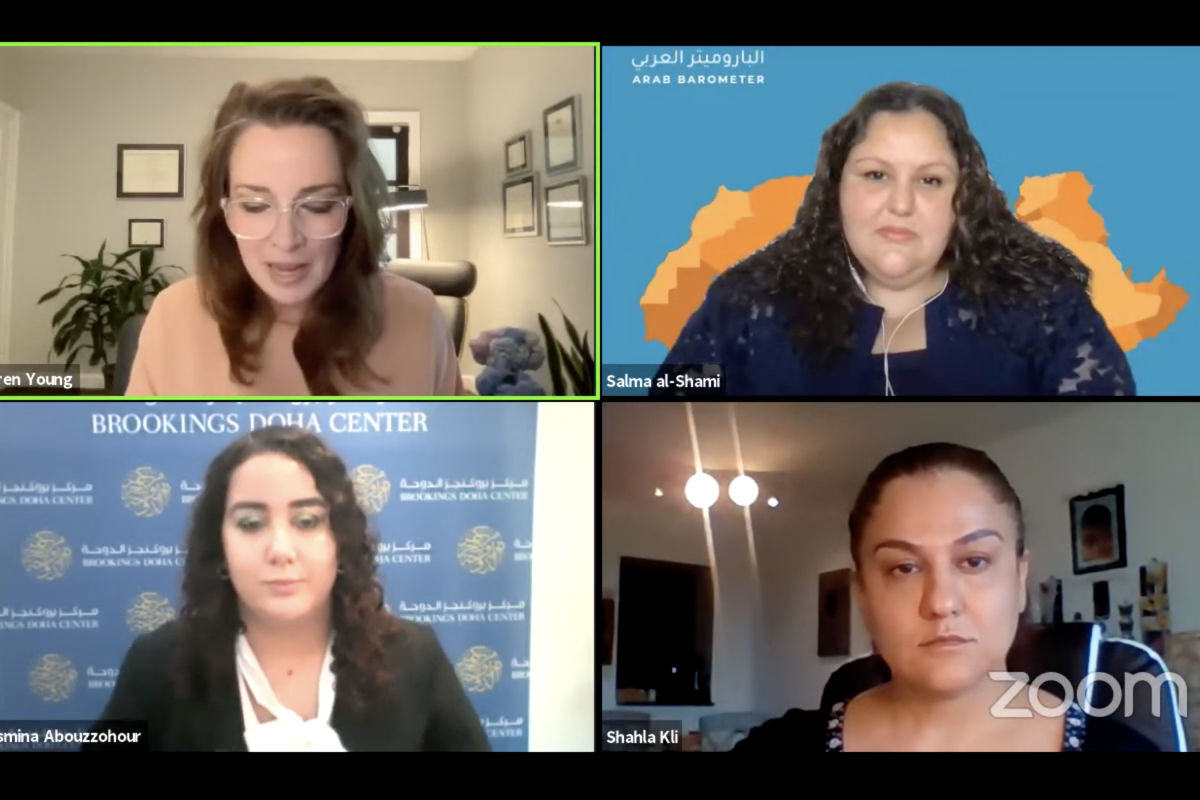[vc_row][vc_column][vc_column_text]
Yasmina Abouzzohour:
Morocco is the clearest winner, and Algeria may be open to a rapprochement.
All Maghreb states will view the resolution of the Gulf crisis in a positive light, but Morocco is the biggest winner. While the kingdom officially maintained a neutral stance throughout the crisis, it arguably favored Qatar, sending supplies and refusing to bow to pressures from blockading countries to turn on Doha. Even after the resolution, the Qatari leadership will remember the Moroccan regime’s loyalty and will continue to provide financial and diplomatic support. Although Morocco’s relationship with the Saudi-Emirati bloc was more tense, relations between Rabat and Abu Dhabi have been more cordial following Morocco’s partial normalization with Israel. Going forward, to promote its economic and diplomatic interests, Morocco will aim to maintain this relationship and will attempt a further rapprochement with Saudi Arabia. This policy is motivated by the kingdom’s aim of countering potential Algerian influence in the Gulf.
Algeria has generally been more isolationist than its rival Morocco and more wary of external intervention, due to its experiences with French colonialism and the 1990s civil war. It will continue to view Gulf involvement in the Maghreb (and especially in Libya) as destabilizing and threatening to its own security. However, given its exacerbated economic conditions, ongoing internal political tensions, and refusal to seek aid from international organizations, it may become more open to a rapprochement with the GCC. At the very least, it will aim to attract further Gulf investment as it seeks to diversify its economy away from hydrocarbons.
This analysis was published by Brookings Institutions.
[/vc_column_text][/vc_column][/vc_row]
Yasmina Abouzzohour
A visiting fellow at Brookings, Abouzzohour holds a PhD in Politics from the University of Oxford where she taught comparative politics, international relations, and economic governance. Her research focuses on authoritarian persistence and transition, strategic regime behavior and interactions with opposition movements, and mixed methods research. She is currently writing a book on regime survival in MENA monarchies and completing several projects on the politics and economy of North African states. Abouzzohour previously worked as a Political Risk Analyst at Oxford Analytica and holds a B.A. (Hons) in Political Science from Columbia University.


